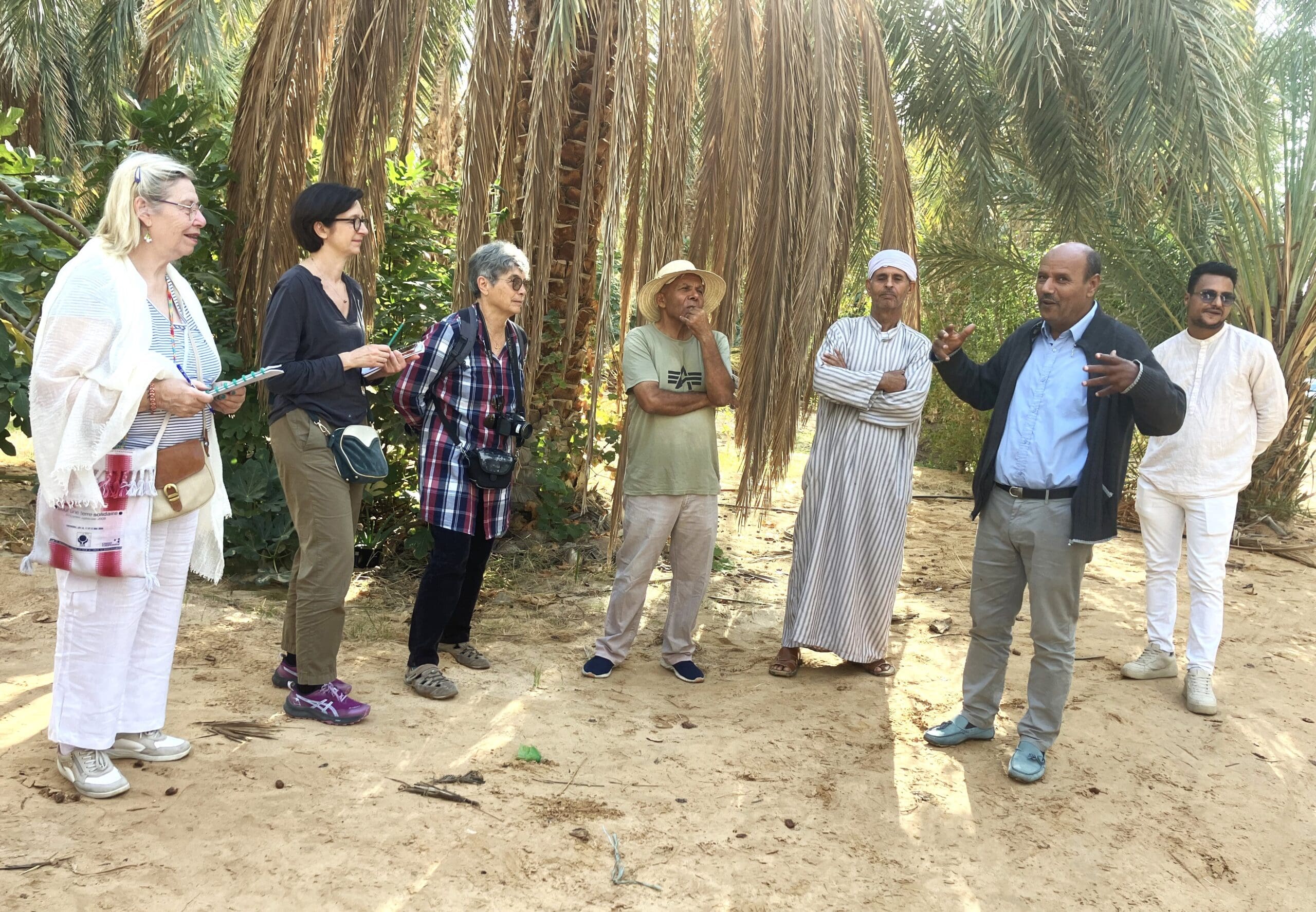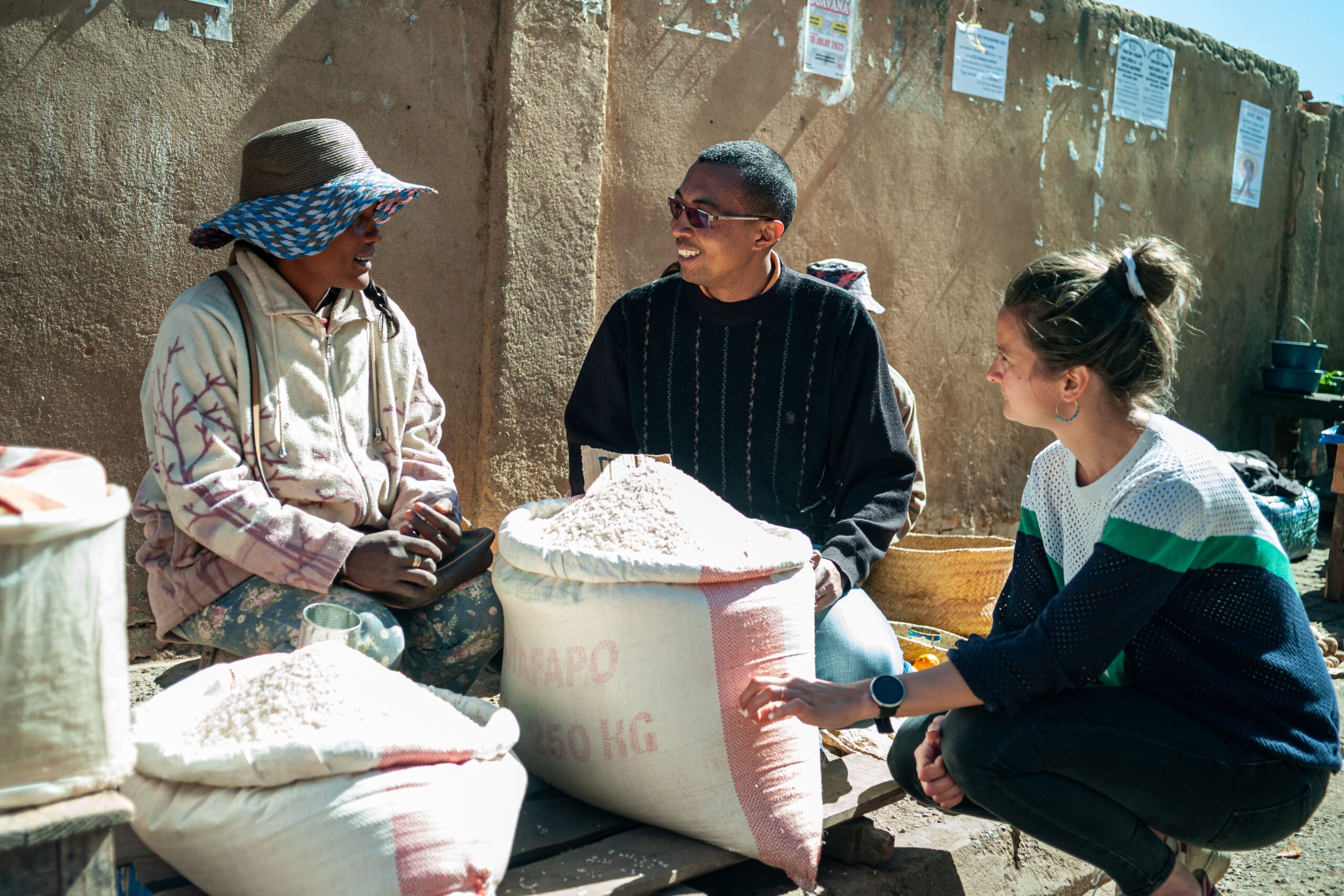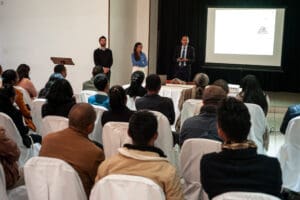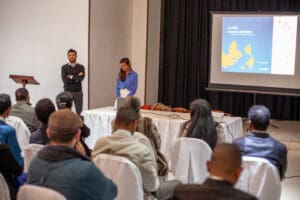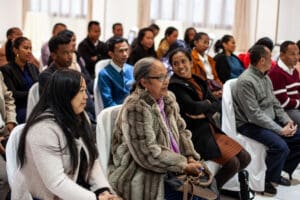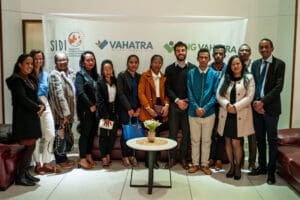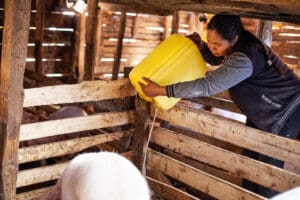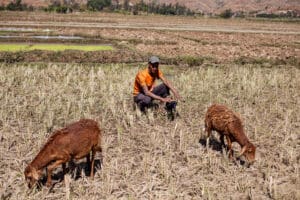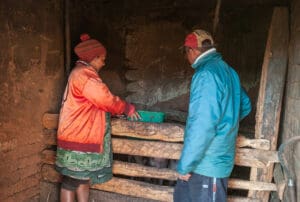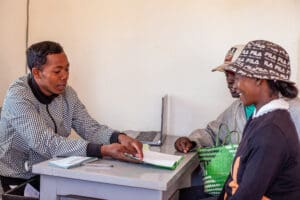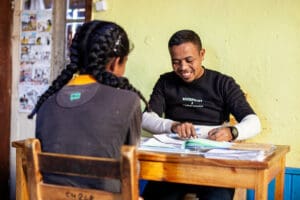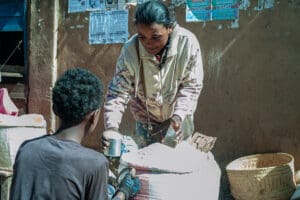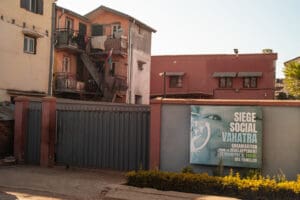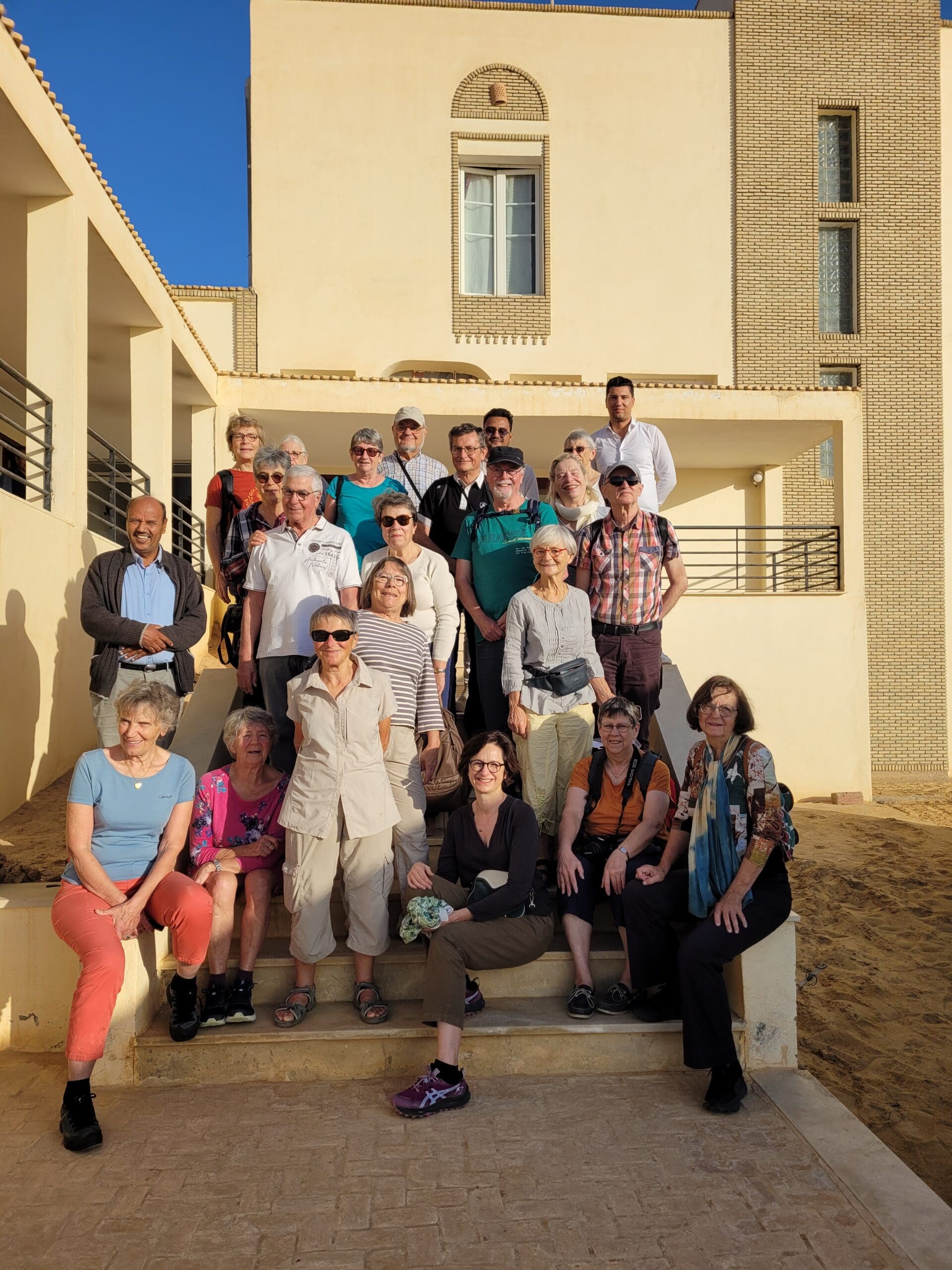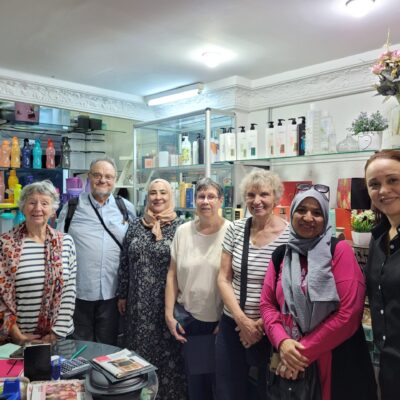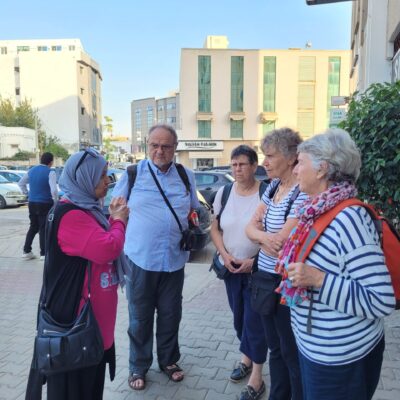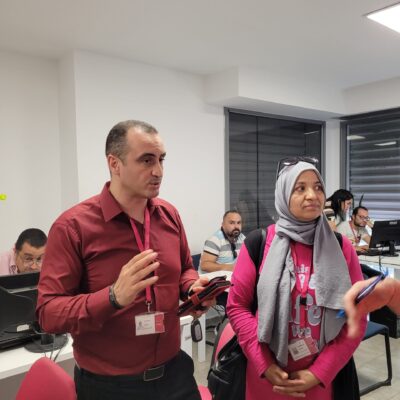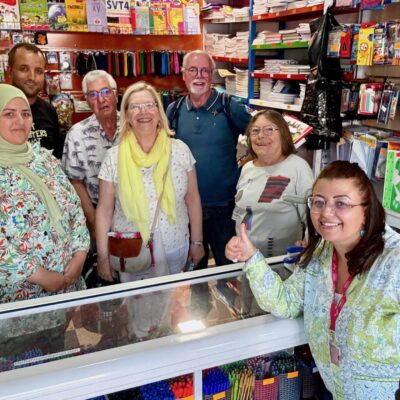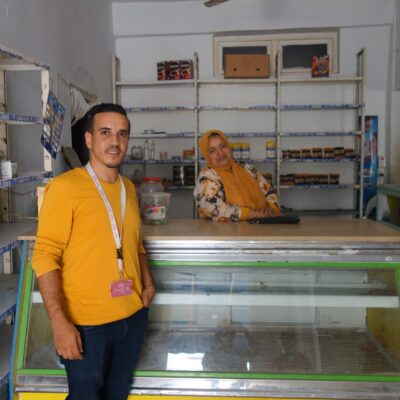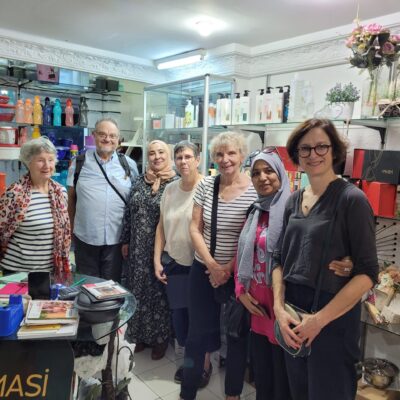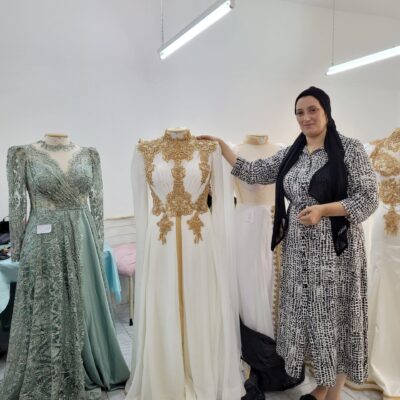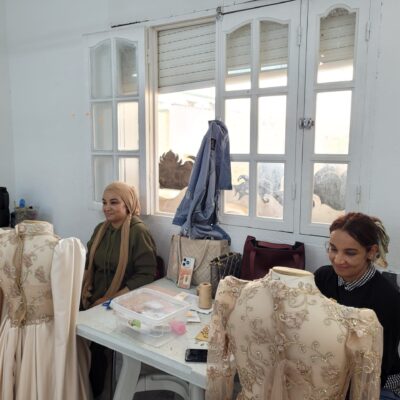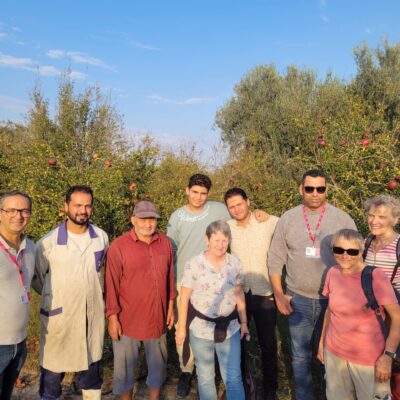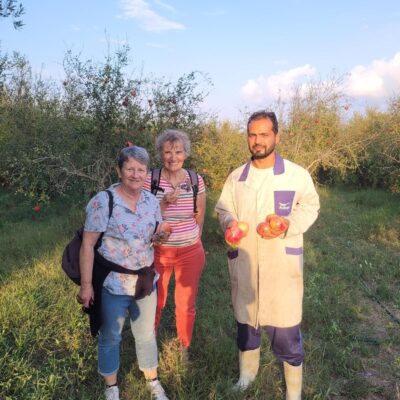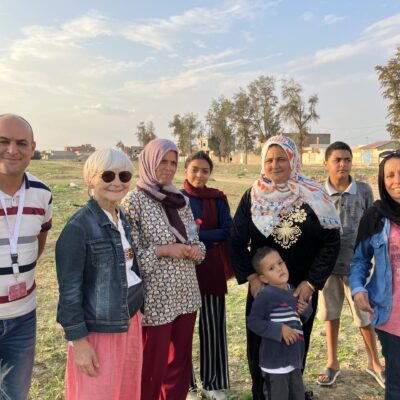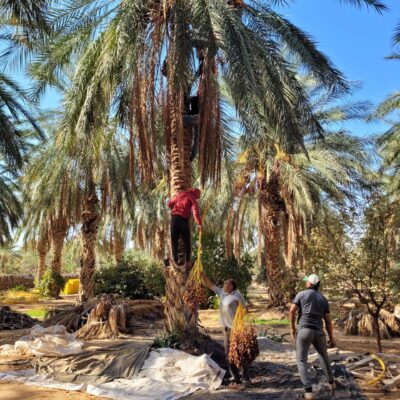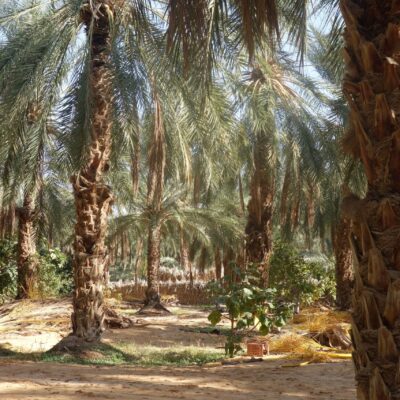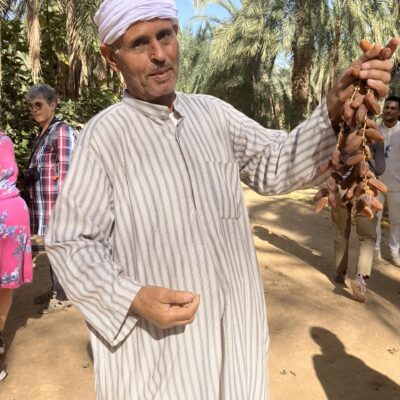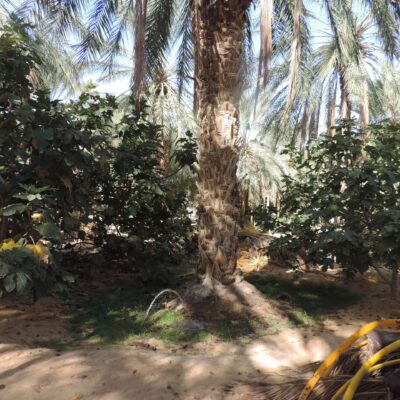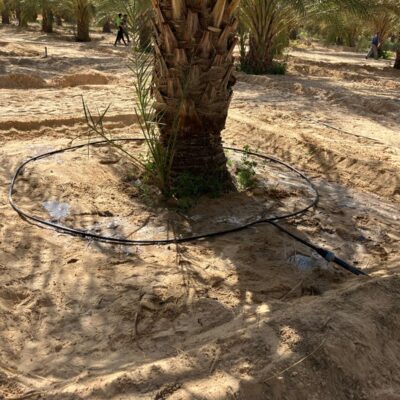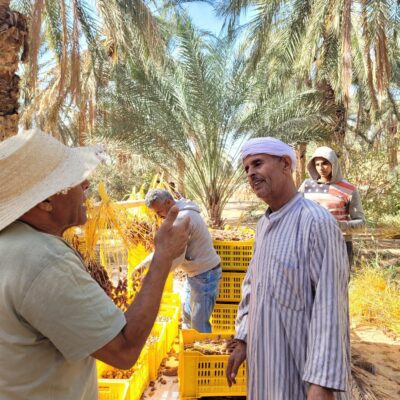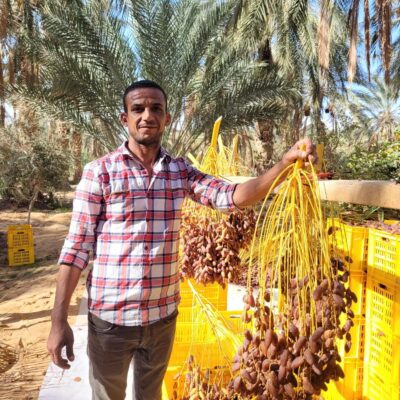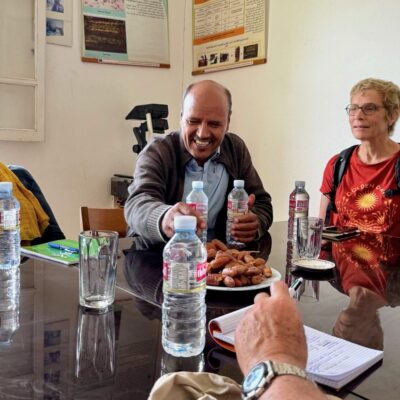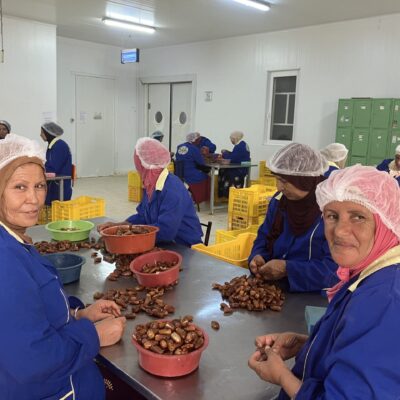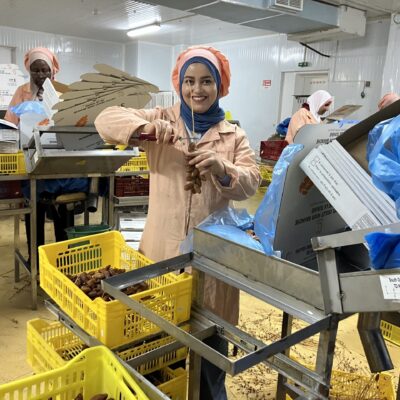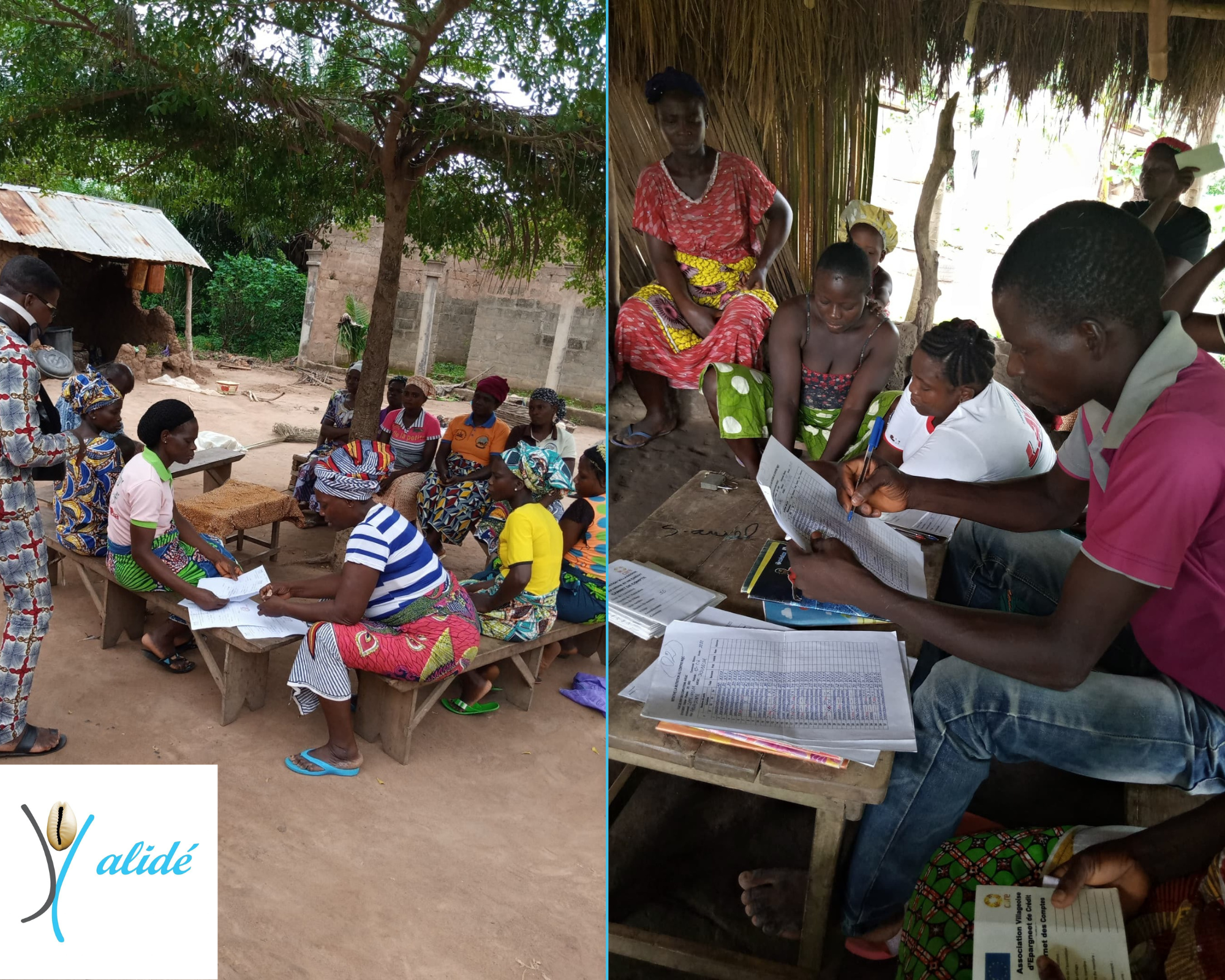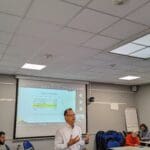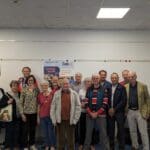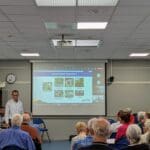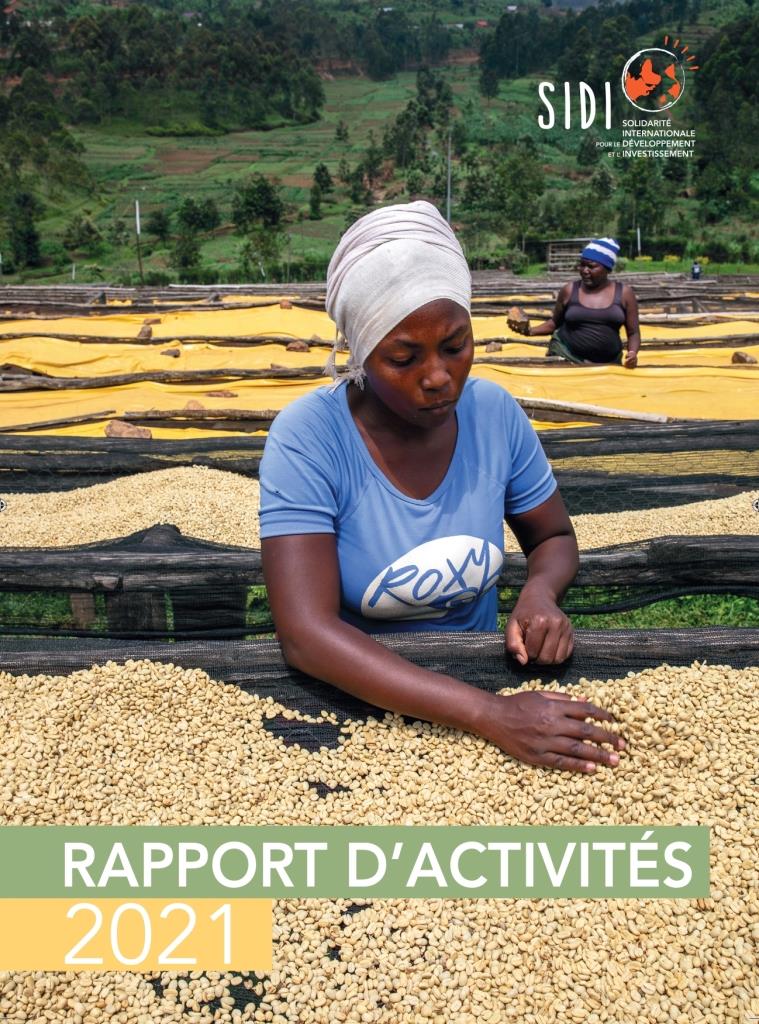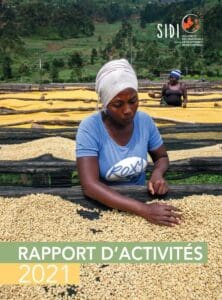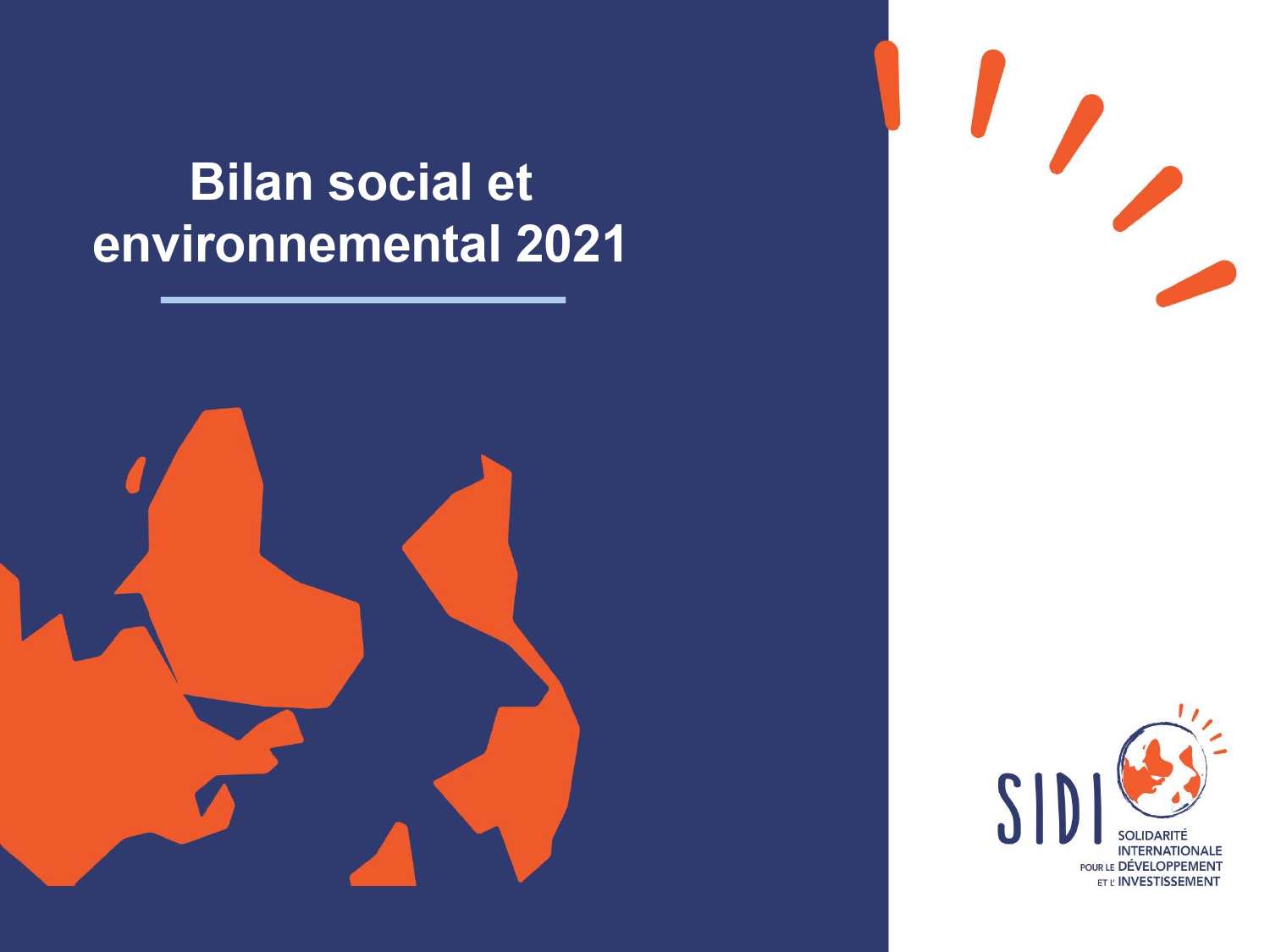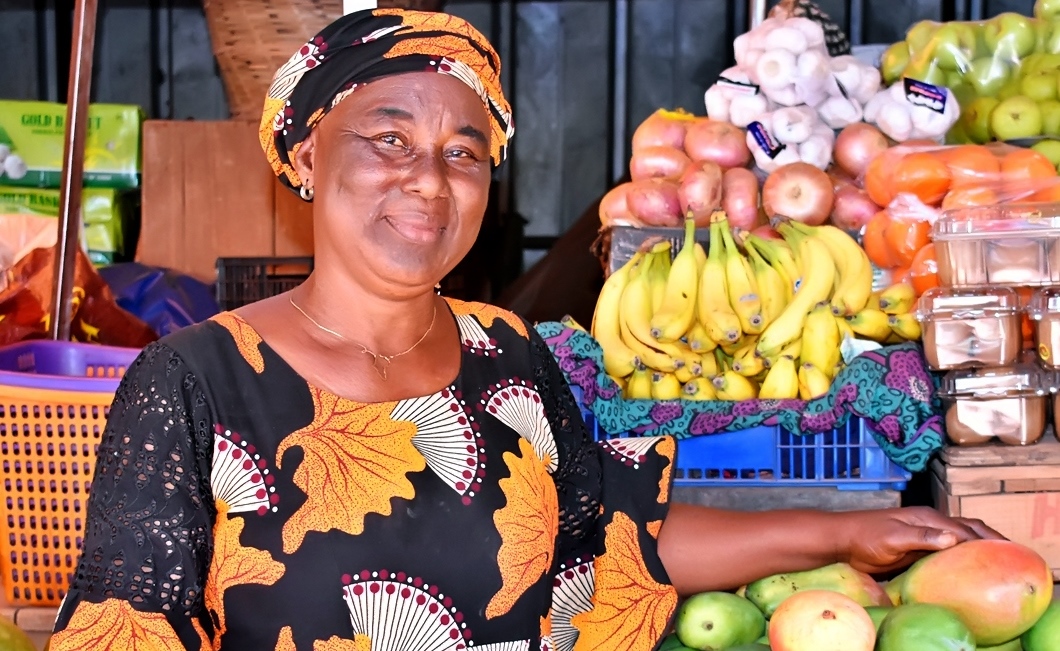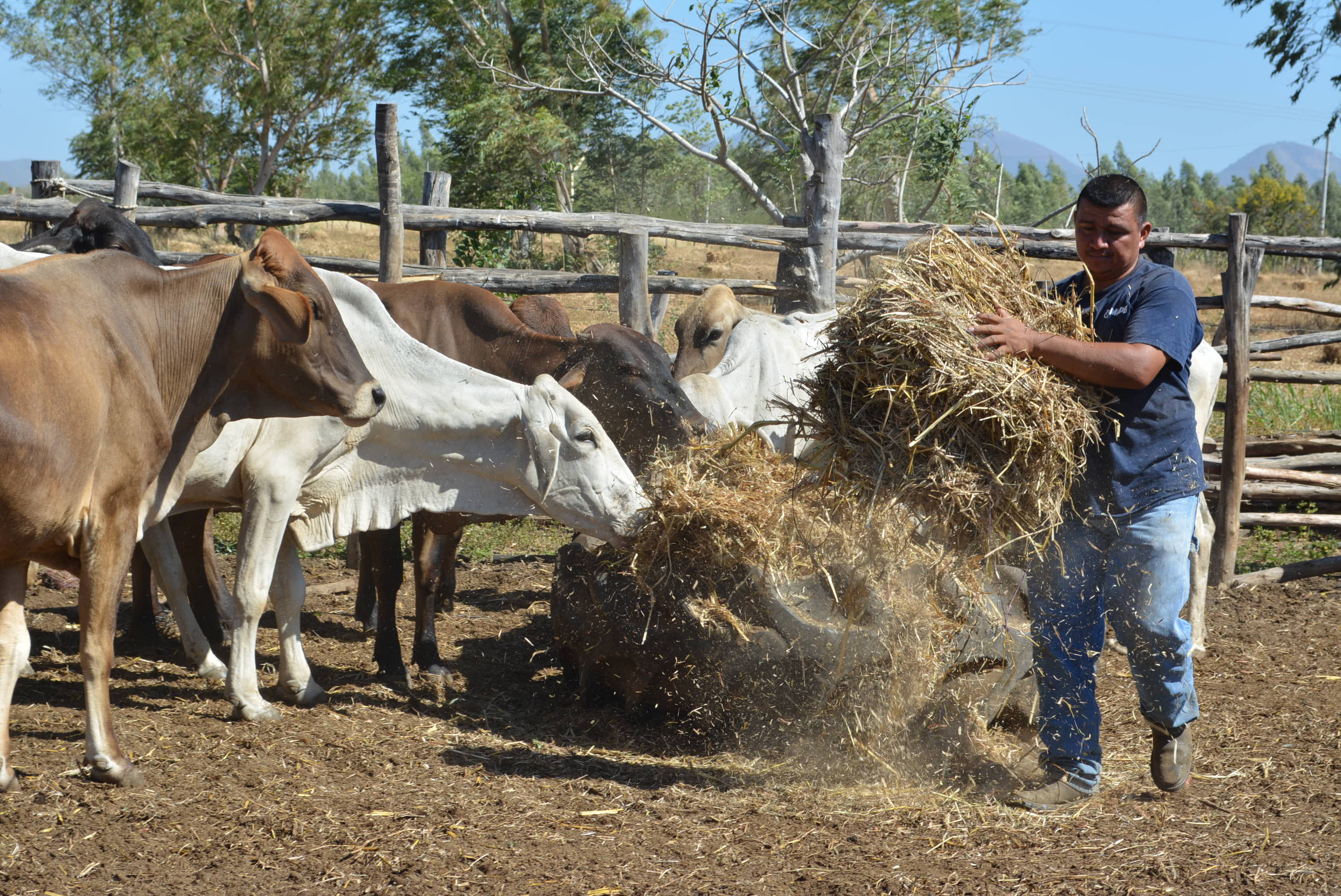
SICSA is a microfinance refinancing institution registered in Panama but with offices in Honduras. Created in 2006 on the initiative of the Central American microfinance network REDCAMIF, it plays a key role in supporting the microfinance sector in Central America. This region, marked by high levels of inequality and chronic political instability, remains one of the world’s most vulnerable to economic and climatic shocks. Microfinance plays an essential role in enabling populations excluded from traditional banking channels to develop a business and strengthen their resilience.
Now active in six countries, SICSA offers a diversified range of financial products and services to some thirty small microfinance institutions (MFIs) in the region. Its added value lies in its ability to act as an intermediary for these MFIs, which are generally not large enough to attract funds from international investors.
By providing financial support to these MFIs, SICSA reaches the most vulnerable populations, helping to reduce poverty through financial inclusion. It focuses in particular on women, young people and rural communities. The aim is to encourage their long-term empowerment by financing income-generating activities such as trade and agriculture.
SICSA attaches particular importance to the quality of its offering and to the satisfaction of its partner MFIs, which is regularly assessed via surveys. It also ensures that these institutions share its social values and ambitions. As a signatory to the Joint Declaration on Customer Protection, it actively promotes best practices in this area. At the same time, SICSA integrates an environmental dimension into its mission by supporting its customers in the development of green financial products.
A strategic and lasting partnership
The partnership between SICSA and SIDI began in 2015 and has grown stronger over the years thanks to SICSA’s stability and social commitment. In 2019, SIDI acquired a stake in the institution, marking a commitment to long-term collaboration. Since then, a SIDI consultant has sat on SICSA’s Board of Directors and taken part in strategic decisions, particularly on social and environmental issues.
In 2022, at SIDI’s instigation, SICSA’s management committee benefited from an awareness-raising session on social and environmental performance. The workshop highlighted good practices already in place within the institution, and highlighted the need to formalize them in order to better leverage their impact.
Following SICSA’s strategic planning for 2023, SIDI offered dedicated support to structure and highlight the organization’s social and environmental commitment. Over the course of a year, SIDI’s PES department worked with the SICSA team to establish a formal framework including social objectives and monitoring indicators. The entire SICSA team was involved in this project, which generated enriching exchanges on the organization’s mission, practices and future ambitions.
Once the objectives and indicators had been defined, in-depth work was carried out on data collection and consolidation tools to ensure effective monitoring of social and environmental performance over the long term. After an initial test of these new tools, and successful data collection by the Sicsa team, the PSE division continued its support by assisting the organization in drawing up their first social report.
A stronger commitment to the future
This dynamic has led to a concrete result: a first social balance sheet that clearly illustrates SICSA’s positioning and social impact in Central America. More than a simple formalization exercise, this work has enabled SICSA to anchor its social and environmental commitment as a central strategic axis of its business.
We are proud to support SICSA in this endeavor and are convinced that this structuring effort will help strengthen its impact in the field. Many thanks to the entire SICSA team for their commitment and vision, and we look forward to continuing this wonderful collaboration!

